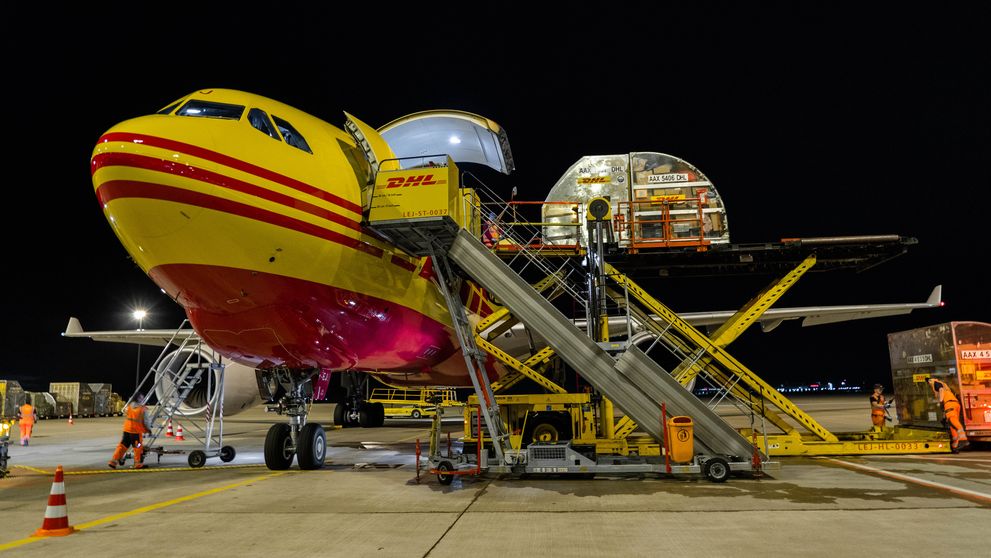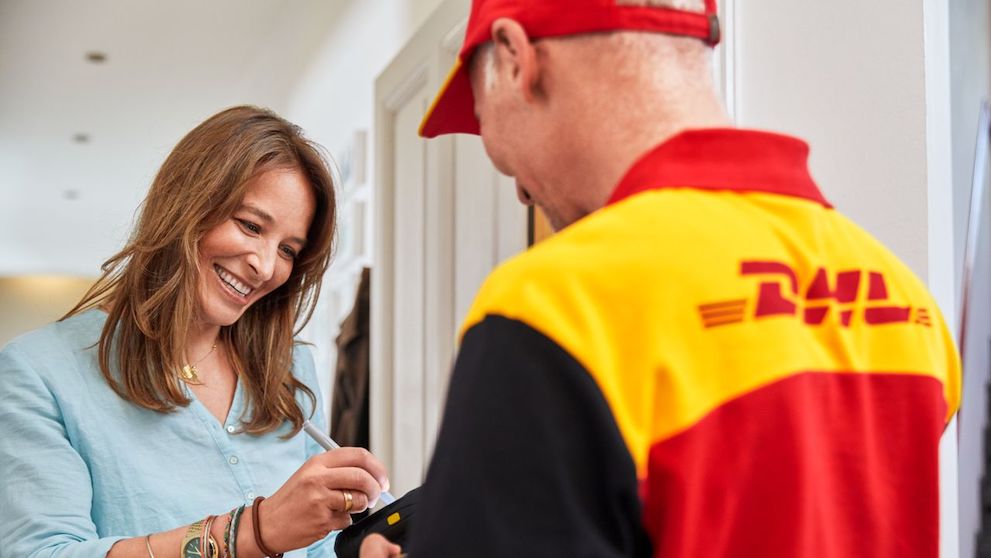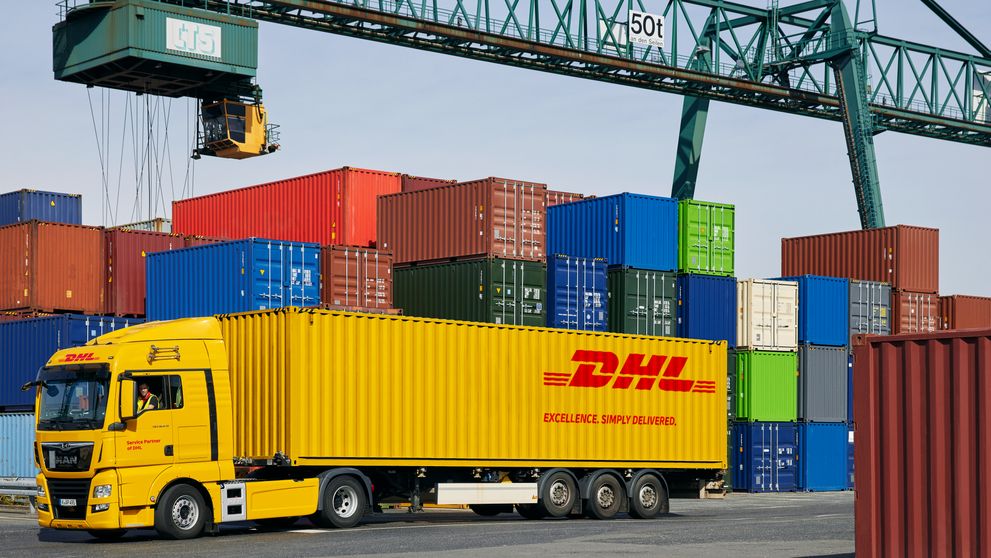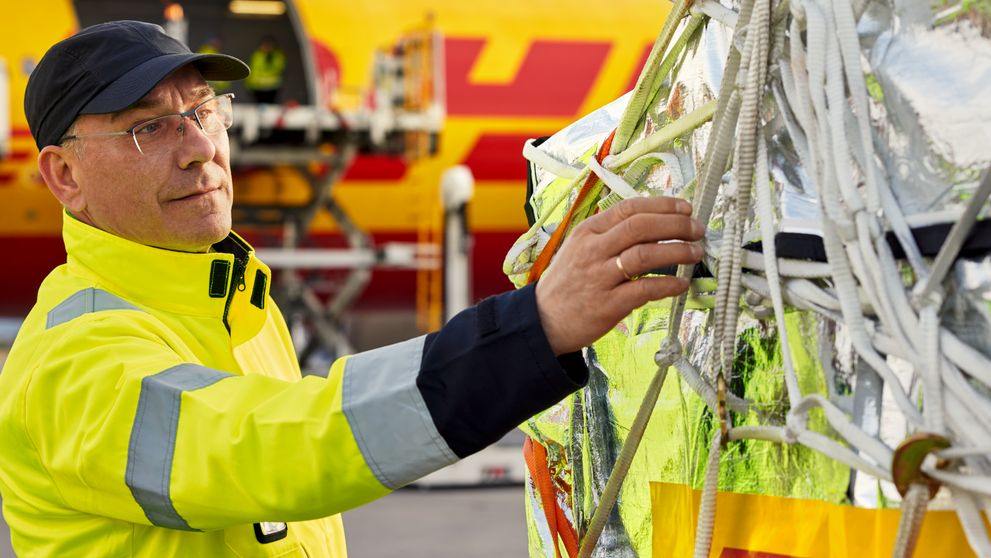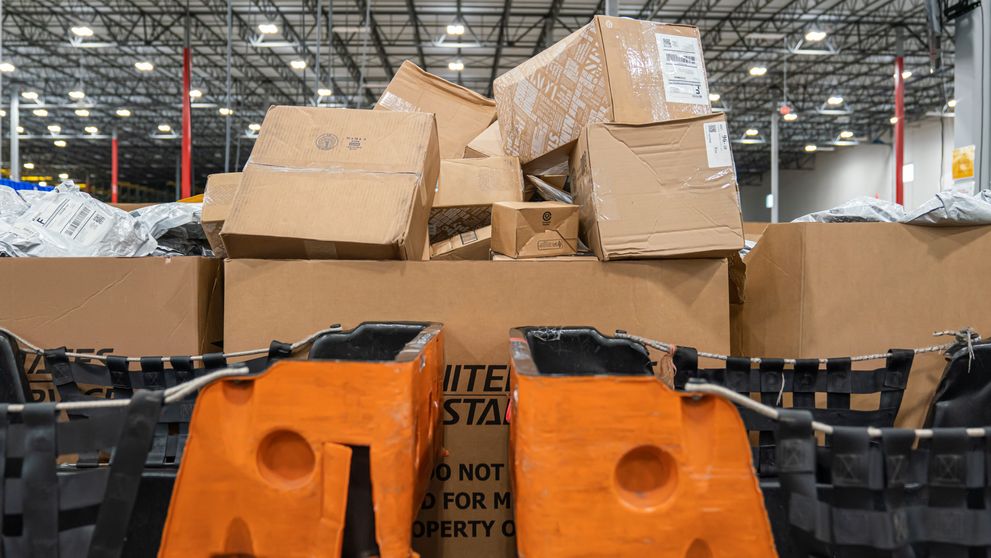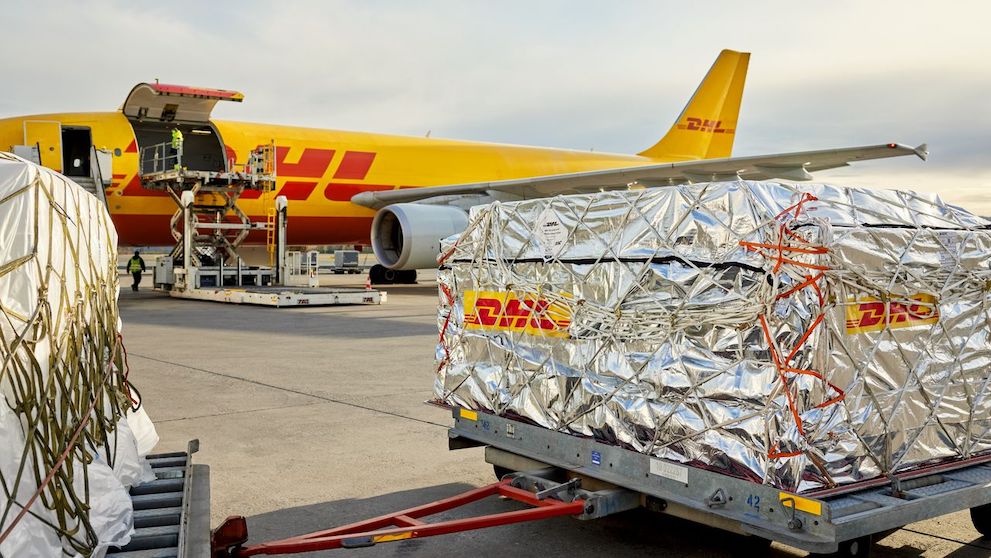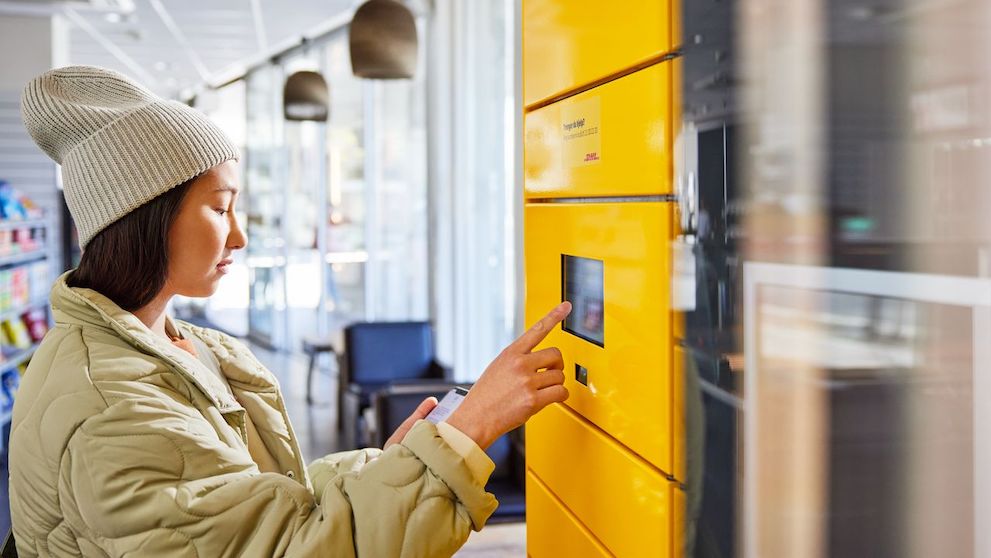Entering the French market offers significant opportunities for Indonesian businesses seeking growth in Europe. According to Hive, France is a key consumer market in Europe with a significant e-commerce market1. The country is also a gateway to the broader European Union (EU) market, making it a prime target for international market entry. Its strategic location and well-established consumer base make it an attractive destination for businesses that want to expand in the region.
Whether you are an established business or a growing enterprise, expanding your business to France requires a well-thought-out market entry strategy. From understanding consumer preferences to navigating customs regulations, a successful entry into a new market hinges on thorough preparation.
Understanding French consumer preferences
To succeed in France, it's crucial to understand what drives the purchasing decisions of French consumers. As per Hive’s consumer insights, this is what you need to know about French consumers before creating your international market entry strategy1:
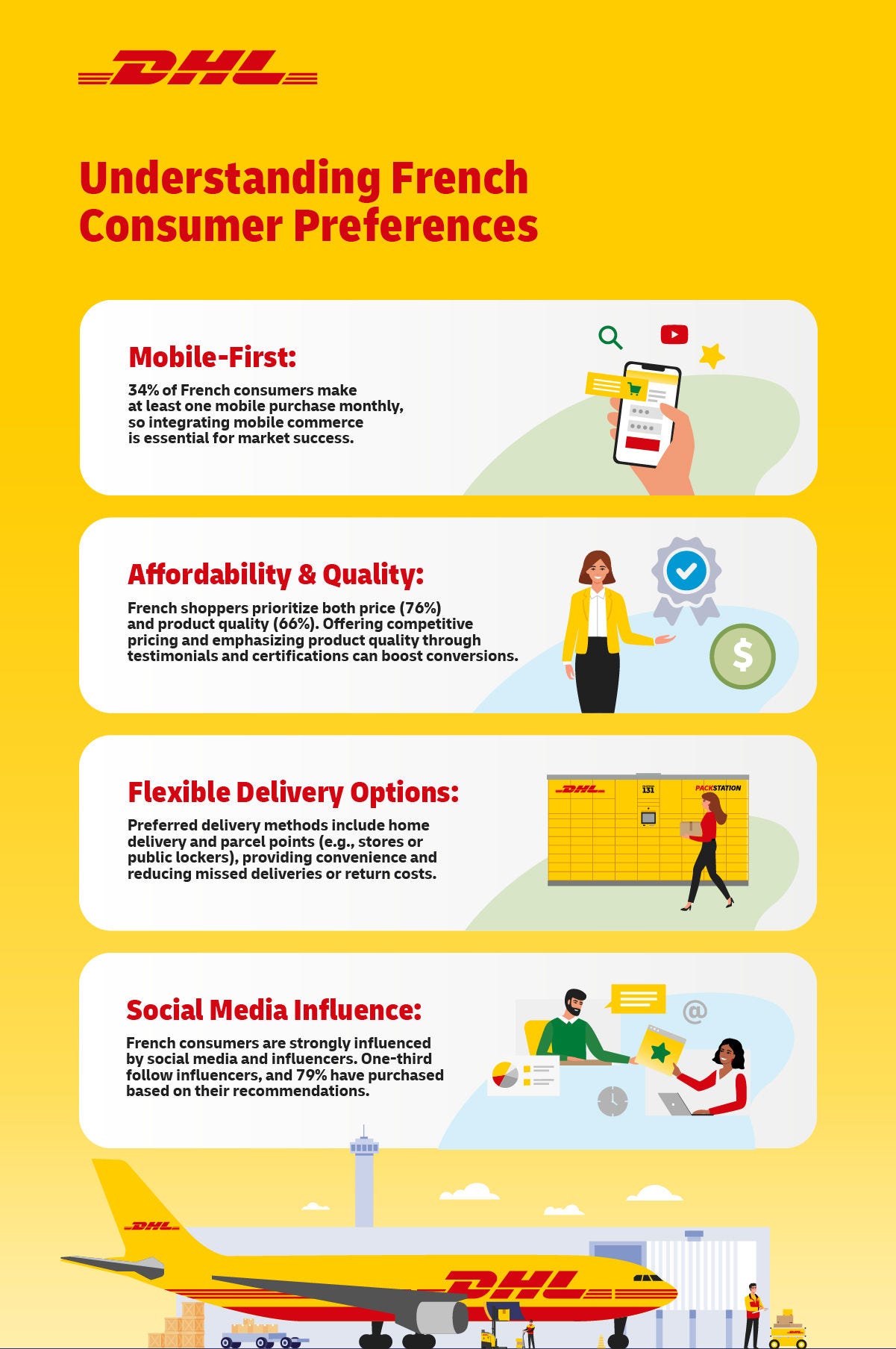
1. Mobile-first
Mobile commerce has gained popularity with French consumers, with French consumers making at least one monthly purchase through mobile apps, totaling 34% of the population, according to BDM2. As such, it’s important for businesses who want to expand to France to consider mobile commerce as part of their strategy.
2. Prioritizing affordability and quality
French consumers are known to be selective, often comparing prices and quality before making a purchase. Quality and affordability are paramount, with 66% of consumers placing high importance on product quality and 76% on price, according to a report on French consumer buying behavior by Gaasly3. Moreover, CBNews reports that French shoppers actively search for discounts, with 60% looking for coupons before buying4.
While competitive pricing is essential, it’s equally important to communicate the quality of your products to appeal to the French market. Using testimonials and quality certifications can reassure customers of your product’s value, increasing the likelihood of conversion.
3. Flexible delivery options
Delivery options significantly impact e-commerce conversion rates, and French consumers highly value flexibility in delivery methods. In France, preferred delivery options include home delivery and parcel points.
In fact, parcel points are particularly popular in France, where orders are delivered either to specific stores (like supermarkets or tobacconists) or to public parcel lockers. This flexibility addresses concerns about missed deliveries and can reduce costs by minimizing returns due to address errors, creating a win-win situation for brands and consumers alike.
4. Social media purchasing influence
Generally, social media has become an integral part of modern-day marketing, and the French market is no exception. In France, consumers are heavily influenced by social media, particularly by community figures and influencers. With a strong sense of connection to the influencers they follow, French consumers often view these figures as trusted sources for product recommendations. According to Santander, one-third of French consumers follow an influencer, and 79% report having purchased a product after seeing an influencer promote it on social media5. This affinity for influencer marketing allows brands to build trust and present product quality authentically, which resonates well with French buyers who seek reliability in their purchasing choices.
Beyond influencer-driven sales, general social media advertisements also play a significant role in driving conversions. French consumers are responsive to targeted ads on platforms such as Facebook and Instagram, with 47% indicating that they have been persuaded to buy a product solely based on social media advertising6. Additionally, social commerce features, such as integrated shopping on social media, make it easy for consumers to explore and purchase products directly, supporting a seamless buying journey. For brands aiming to penetrate the French market, a balanced social media strategy that combines influencer partnerships with compelling, targeted ads can help maximize reach and conversion rates.
Cultural considerations for doing business in France
While it's important to know French consumer behavior, understanding the country's business culture will not only help you appeal to your business partners. It also brings you closer to your target market in France. Therefore, make sure to consider the following when conducting business in France.
1. Language
Though many French business professionals are fluent in English, conducting business in French demonstrates respect and dedication to fostering local connections.
For consumers, language matters too; French shoppers expect digital and physical content, including websites and packaging, to be accessible in their native language. Localization—ensuring your website, marketing materials, and even customer service options are available in French—could also help with engagement and potentially increase interest in your brand.
2. Direct communication style
In French business culture, communication is generally direct and logical, favoring clarity and precision. French professionals value concise, structured presentations with clear reasoning and well-thought-out arguments. This straightforward style also extends to decision-making, where detailed information and logical justifications are preferred. When engaging with French business partners, avoid overly casual language and instead prioritize professionalism and factuality in discussions. Understanding and respecting this preference for directness can build trust and facilitate smoother communication.
3. Importance of appearance
Appearance plays a significant role in French business settings, where first impressions and presentations are highly valued. French professionals often have a keen eye for detail, from personal attire to the branding of a product or service. Maintaining a polished, professional appearance conveys respect and professionalism, and this emphasis extends to how a brand presents itself.
For companies entering the French market, investing in high-quality branding, packaging, and marketing visuals can help create a favorable impression and show respect for the refined tastes of French consumers.

Navigating French and EU export regulations
France, as an EU member, adheres to EU-wide trade regulations, which simplifies access to other European markets but also requires strict adherence to guidelines.
1. Ensure product compliance
Most products sold in the EU, including in France, must display the CE marking, signifying conformity with EU health, safety, and environmental standards. Businesses need to assess whether they can self-certify their product or if they need a notified body, an independent organization required for high-risk products, to perform safety checks. Proper compliance not only assures the product’s quality but also builds consumer trust in the EU market7.
2. Obtain an Economic Operator Registration and Identification (EORI) number
An EORI number is essential for customs clearance within any EU country. This unique identification number is required for all businesses engaged in customs operations, whether importing or exporting. With a unified identification system across the EU, businesses can streamline the customs process, ensuring a more efficient and secure journey for goods across borders8.
3. Apply as an Authorised Exporter (AE)
Becoming an Authorized Exporter (AE) simplifies export formalities across the EU. To gain this status, you must apply for authorization from French customs authorities. This status enables businesses to streamline export processes, reducing time and administrative burdens9.
4. Prepare essential documents for customs clearance
Exporting goods to France requires navigating customs regulations effectively. Businesses must ensure that their products meet all the EU and France’s customs clearance requirements, which include proper documentation, product labeling, and adherence to safety standards. Key export documents typically required for customs clearance include10:
- Commercial invoice
- Packing list
- Certificates or licenses
- Proof of preferential origin
5. Pay taxes and tariffs
Under the European Union’s Generalized Scheme of Preferences (GSP), Indonesian exporters benefit from reduced duties on around 30% of imports into the EU, potentially lowering overall export costs. Ensure that you verify eligible products and applicable tariff rates to optimize cost savings when exporting to France11.
Tips for successful market entry and expansion to France
Consider these market entry strategies when planning your international expansion to France:
1. Conduct extensive market research
In-depth market research is essential for understanding your target audience, assessing the competitive landscape, and identifying market demand in France. This research should cover French consumer preferences, price sensitivities, cultural factors, and key competitors. Insights from this research will enable you to fine-tune your products, services, and marketing strategies to resonate with French consumers, making your entry more impactful.
2. Establish a local presence
Setting up a local office or having a representative or distributor in France can strengthen your credibility and provide French consumers and businesses with direct access to your brand. A local presence also offers the advantage of being able to swiftly adapt to market changes and consumer demands while building valuable, trust-based relationships with partners and customers.
3. Leverage digital marketing strategies
Localized digital marketing strategy is critical for brand visibility in France. Effective strategies include search engine optimization (SEO) tailored to local language and search habits, social media marketing, and collaborations with French influencers. Marketing your product or services on popular platforms like Facebook and Instagram could also help you in targeting your French target audience, build brand awareness, and engage directly with these potential customers.
4. Stay compliant with tax and legal obligations
Navigating tax and legal requirements is crucial when entering the French market. Compliance includes understanding VAT regulations, corporate tax responsibilities, and local labor laws. Partnering with a local tax advisor or legal expert can help your business avoid costly errors and ensure you meet all regulatory requirements, helping you maintain a stable operation from day one.
5. Partner with export service providers
Handling international logistics can be challenging, especially in a new market. That’s why collaborating with export service providers that are experienced in international delivery can simplify this process. Consider choosing providers that can provide customs clearance assistance and comprehensive shipping and logistics services. This ensures your products enter France smoothly and reach customers efficiently. Overall, working with a reliable export service provider enables you to focus on growing your business while they handle the logistics.
Why choose DHL Express for expanding into the French market
DHL Express has worked with many businesses over the years, helping them expand their businesses worldwide, including countries in the European Union. With an extensive global network spanning numerous countries and territories, DHL Express provides not only the logistics solutions but also expertise on how to export goods to France seamlessly.
By partnering with DHL, Indonesian businesses gain access to tailored shipping solutions designed to meet the specific demands of the French market. In addition to handling the logistical side of your expansion, we also offer advanced tracking technology for your business, giving you and your customers real-time visibility and peace of mind with every shipment.
Choosing DHL Express means choosing a partner dedicated to ensuring a seamless and efficient entry into the French market, allowing you to focus on growth and customer satisfaction. Open a business account with us today to get started.
For more insights into international expansion, check out our guide on international shipping to Bangladesh.
- 8 consumer habits to know before expanding your brand to France
- E-commerce : chiffres clés sur l’usage du mobile par les Français en 2021
- Consumer buying behavior in France (eBook 2022)
- Achats en ligne : tout ce qui motive les Français
- France: Reaching the consumer
- 47% des Français déclarent avoir déjà été influencés par la publicité sur les réseaux sociaux pour réaliser un achat
- CE marking
- Economic Operators Registration and Identification number (EORI)
- Approved exporters
- Guide for export of goods
- EU trade relations with Indonesia. Facts, figures and latest developments
